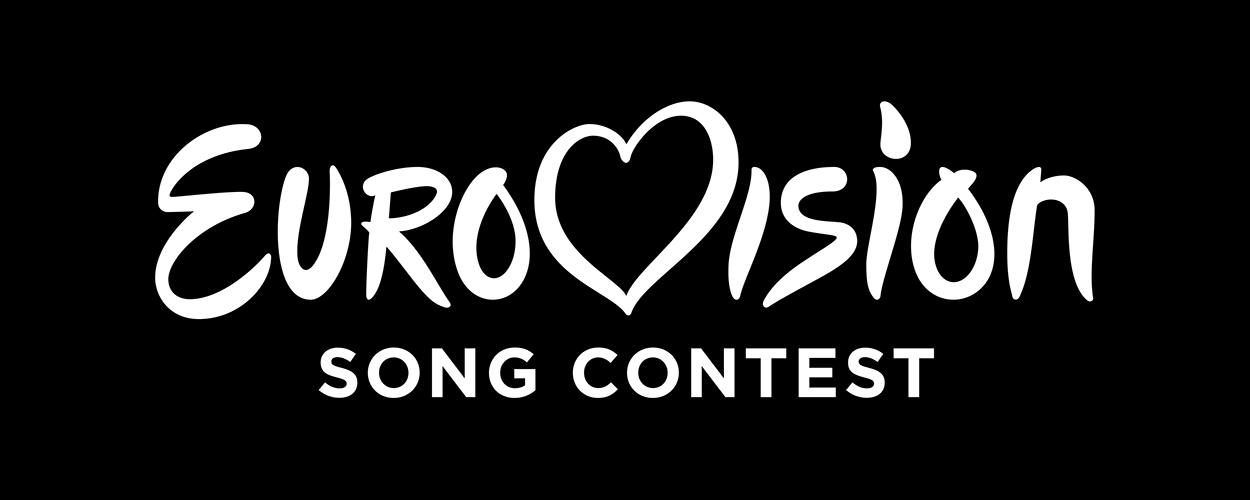This website uses cookies so that we can provide you with the best user experience possible. Cookie information is stored in your browser and performs functions such as recognising you when you return to our website and helping our team to understand which sections of the website you find most interesting and useful.
Artist News Media
Ukraine drops Eurovision entrant after she refuses to sign contract due to “censorship”
By Andy Malt | Published on Wednesday 27 February 2019

Ukraine has deselected its Eurovision entrant, Maruv, who was chosen via a public vote on Saturday, after her contract negotiations with state-funded broadcaster UA:PBC failed. The contract required her to cancel upcoming performances in Russia, although she says that other stipulations amounting to “censorship” were the real sticking point.
In a statement on Facebook, Maruv says that she had no issue with cancelling Russian performances, something that was requested due to ongoing political tensions between the two countries. She goes on: “The main differences were caused by other clauses of the agreement, which, if I sign, will enslave me. I am a citizen of Ukraine, pay taxes and sincerely love Ukraine. But I’m not ready to come up with slogans, turning my stay at the contest into promotion of our politicians”.
According to ESCXtra, included in the terms of the contract were stipulations that she must have prior approval for anything she says on stage or to journalists. Hefty fines were put in place for any deviation from the agreed rules.
In a statement, UA:PBC says: “The performer representing Ukraine … also has commitments of becoming a cultural ambassador of Ukraine and delivering not only their music but also expressing the opinion of the Ukrainian society in the world. After the negotiations, UA:PBC and the singer Maruv have not found common ground in the mission of the representative of Ukraine at the international song contest”.
CEO of UA:PBC, Zurab Alasania, adds in a further Facebook post that the Eurovision contestant should have the correct attitude to any “public comments relative to the integrity of Ukraine or that can hurt Ukraine at the international level”.
“Not all good Ukrainian artists are ready to represent our culture”, he adds.
This in part relates to the ongoing political tensions between Ukraine and Russia, which have seeped into the supposedly a-political Eurovision Song Contest a number of times in recent years. When Ukraine hosted the contest in 2017, it barred Russia’s entrant, Julia Samoilova, from entering the country. Although she was offered the opportunity to perform remotely from Russia, in the end the country withdrew from the competition entirely.=
Prior to that, Russia had threatened to boycott Eurovision anyway, in protest at Ukraine’s winning entry in 2016. Jamala’s song, ‘1944’, about the deportation of Crimean Tatar people by Josef Stalin in the year of its title, had been controversial ever since it was selected as Ukraine’s Eurovision entry.
Many felt the song was a political comment on Russia’s annexing of Crimea from Ukraine in 2014, something Jamala herself seemed to admit initially. Despite protestations that this broke Eurovision’s ‘no politics’ rules, the song was allowed to proceed to the competition and subsequently won.
Anyway, while we wait to see which Ukrainian singer is willing to sign the controversial contract, here’s Maruv’s ‘Siren Song’, which you now won’t be hearing at Eurovision in May.





